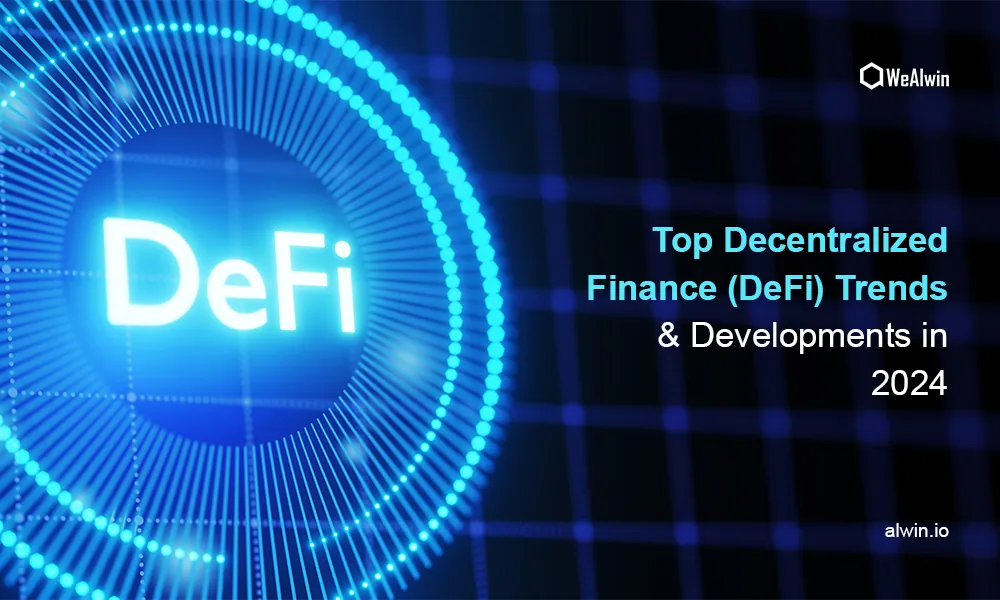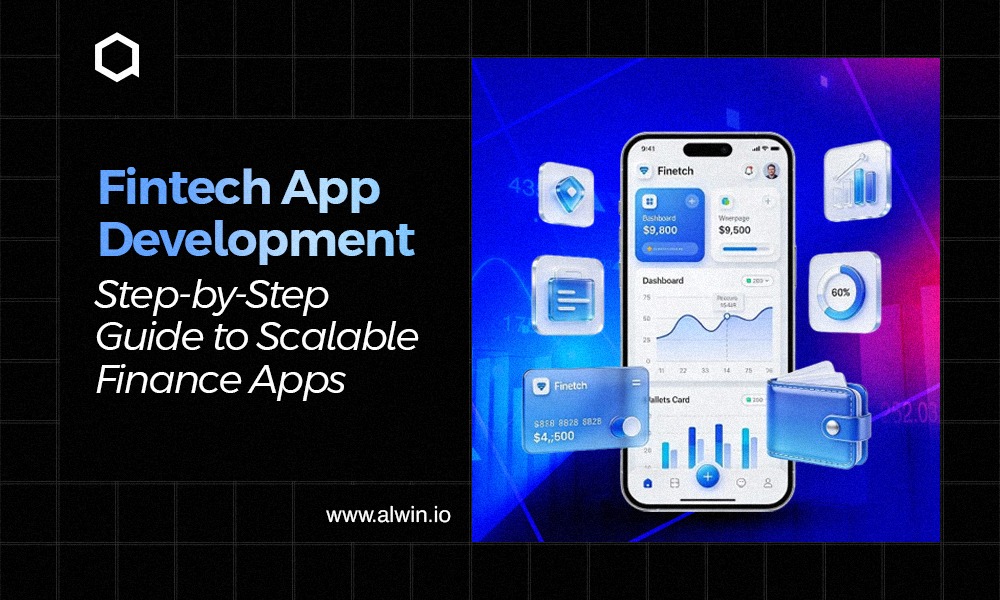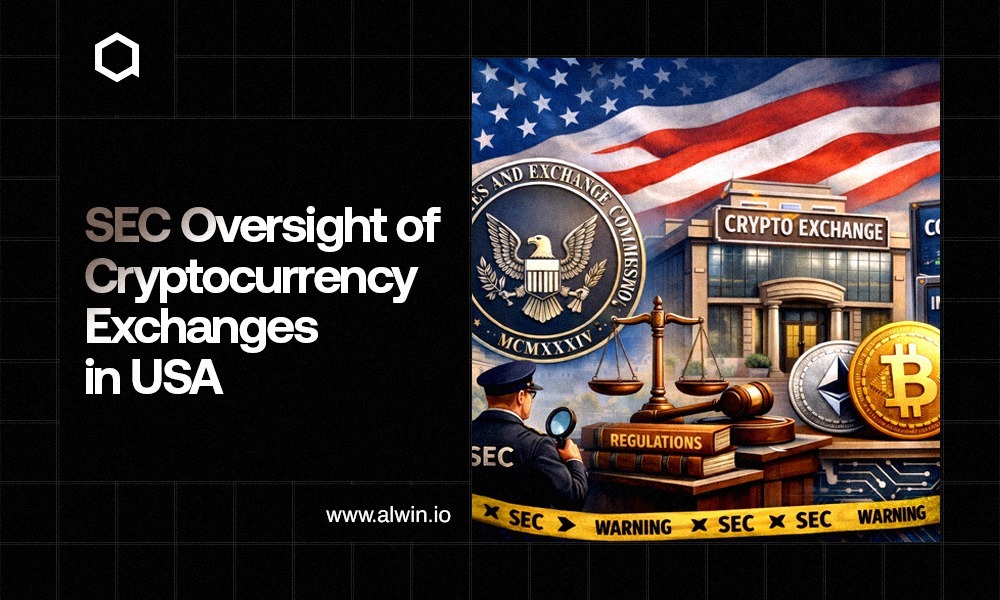In the Digital era, seamless updates and changes are roaming around us. It doesn’t leave us time to think about what changes are going on now because of rapid movement and changes.
In this digital world, decentralized finance is an epic innovation.
Defi concept will grow recently. But it has seems major changes and impacts. Recently more trends in Defi.
Recent Trending Platforms in Defi Ecosystem
Crypto Bridge
Decentralization changed the way assets are transferred. Cross-chain transactions are made easier in particular by crypto bridges, also known as blockchain bridges.
This indicates that through this crypto bridge, assets kept on one blockchain can be transferred, used, and invested in another blockchain.
The platform's native token is known as a wrapped token, which entirely protects the transferred asset. The token holds the value of the asset. The crypto bridge's smart contract will ensure a secure and reliable transfer of the item.
This improves the DeFi system's ability to scale and maintain liquidity. Investment in decentralized finance will therefore create more business prospects due to numerous asset linkages.
Traditional Finance Integration
Real-world assets such as real estate, mortgages, derivatives, and security bonds are converted into digital assets through the traditional finance integration in DeFi.
For financial institutions like banks, this is a perfect opportunity to move to a digital operating model. As a result, the security, transparency, and efficiency of blockchain networks are improved in the traditional financial system.
On the other hand, the DeFi ecosystem might increase its asset base, leading to greater liquidity, quick transactions, and better performance. But if you consider the investor side, service-oriented sectors like banks may provide you with a lot of investment opportunities.
Cryptocurrency Insurance
DeFi insurance protect your investment from losses in DeFi-related businesses and trading like cryptocurrencies which are similar to traditional insurance. Such risks as exchange hacks, smart contract failures, and other custodial risks are covered by this insurance.
They are well-liked for streamlining insurance claims, saving money, and being open about insurance premiums. People become more aware of appealing policies and benefits as a result of this transparency.
Decentralized finance has seen more updates in the past and in the future will be revolutionized by more changes for better opportunities.
Blockchain Game Monetization
With the introduction of Web 3.0, many sectors have chosen DeFi integration. DeFi's incorporation into blockchain games makes them perform more quickly. Further, the foundation of many blockchain-based gaming systems is the creation of NFTs.
Furthermore, their capacity for decentralization and genuine ownership of the asset keeps them at the forefront. These tokens stand in for various game elements, including weapons, avatars, skins, and more.
To advance in the game and enhance their profile, a player essentially needs the game materials. Therefore, as an investor, you can profit by owning the game material.
You can make money by selling the game's assets, providing in-game purchases, and charging for premium memberships. Furthermore, you can develop a secondary market for the game's content and increase your earnings.
Decentralized Derivatives
Decentralized derivatives are financial agreements between buyers and sellers that maintain an asset's value without the involvement of a third party.
They are now one of the primary trading choices on the majority of significant exchanges, such as Binance and Bybit. Decentralized finance makes it faster and safer to buy and sell derivatives of the underlying asset.
Decentralized derivatives are therefore more effective and efficient than cash markets.
Liquid Stake Derivative
Compared to traditional staking, liquid staking is more flexible and effective, allowing investors to access their staked assets while still reaping the rewards of staking their tokens.
Liquid Staked Derivatives validate investor involvement in the staking pool and represent the token holders' staked assets. In the DeFi domain, these derivatives are employed for lending, borrowing, and trading.
Governance Token
Platforms powered by DeFi are providing their governance tokens. These function differently from native tokens and grant holders in decentralized autonomous organizations (DAOs) have voting rights.
These social coins give investors control over how their platform's Defi protocol evolves over time. As more people own governance tokens, their value increases. One of the most prevalent examples is the MKR token from MakerDAO, which has increased in value by 7x.
DEX and AMM Advancements
The emergence of Decentralized Exchanges (DEXes) and Automated Market Makers (AMMs) has played a pivotal role in financial markets. These platforms empower users with unprecedented autonomy, bolstered security measures, and enhanced accessibility to a wide array of assets.
The evolving significance of DEXes and AMMs is underscored by their adaptive nature and innovative approaches. They actively tackle existing limitations while amalgamating the strengths of both decentralized and traditional financial systems. With a transition from AMM models towards more conventional order book structures, their primary objectives include optimizing liquidity, enhancing trading efficiency, and catering to the diverse needs of users.
This paradigm shift is poised to democratize financial services even further. It is expected to facilitate broader adoption of DeFi platforms, fostering a more inclusive and efficient global financial ecosystem.
Decentralized Physical Infrastructure Networks (DePIN)
DePIN, short for Decentralized Physical Infrastructure Network, introduces an innovative concept that harnesses blockchain technology to establish, oversee, and maintain physical infrastructure in a decentralized fashion. This emerging trend in DeFi for 2024 promises to bring about significant disruption by fundamentally transforming physical infrastructure operations through blockchain integration.
Utilizing tokens as incentives, DePIN facilitates the decentralized growth of infrastructure projects. Positioned as the next evolution of IoT within the Web3 framework, DePIN grants individuals and enterprises the ability to possess and capitalize on globally dispersed physical infrastructure networks.
Restaking Protocols
In 2024, another notable trend on the horizon is restaking, a practice involving the locking up of liquid staking tokens (LST) to earn additional yield. This trend is anticipated to gather momentum owing to its streamlined approach to yield farming and its increased usefulness within staking ecosystems.
Restaking introduces a fresh dimension of utility, coinciding with the surge in popularity of LST protocols following Ethereum's transition from proof-of-work (PoW) to proof-of-stake (PoS) in 2022. This evolution has bolstered the capabilities of these protocols, thus piquing greater interest and participation by offering added incentives to token holders.
NFT Platform
Non-Fungible Tokens have opened the road for the growth of the new digital economy. Since more people have started using NFT marketplace like Opensea and Mintable on a regular basis, content creators, retailers, and service providers have increased.
In addition to art and digital artifacts, NFTs suggest a variety of other blockchain applications. When musicians began tokenizing their songs and selling them directly to their fans, the music industry was one of the first to employ NFTs.
The ability of NFTs to automate payments to record labels, musicians, managers, and other parties is another benefit for the music industry.
Stablecoin
A stablecoin is a type of cryptocurrency that is tied to a "stable" reserve asset, such as gold or the US dollar. Compared to unpegged cryptocurrencies like Bitcoin, stablecoins are intended to reduce volatility.
Above are the various trends associated with Defi.
More clarity on law related to DeFi could be envisioned in 2023. Regulators will have to strike a balance between advancing innovation and safeguarding consumers. The DeFi ecosystem will need this legislative clarity to develop over time.
Finally
No more doubt, due to rapid growth of Defi environment seems like Defi is the future, Defi going to make unavoidable changes in our digital world.
If you want to launch the DeFi platform, join hands with WeAlwin Technologies. We provide various Defi-related services like Defi yield farming, lending platform, etc.



